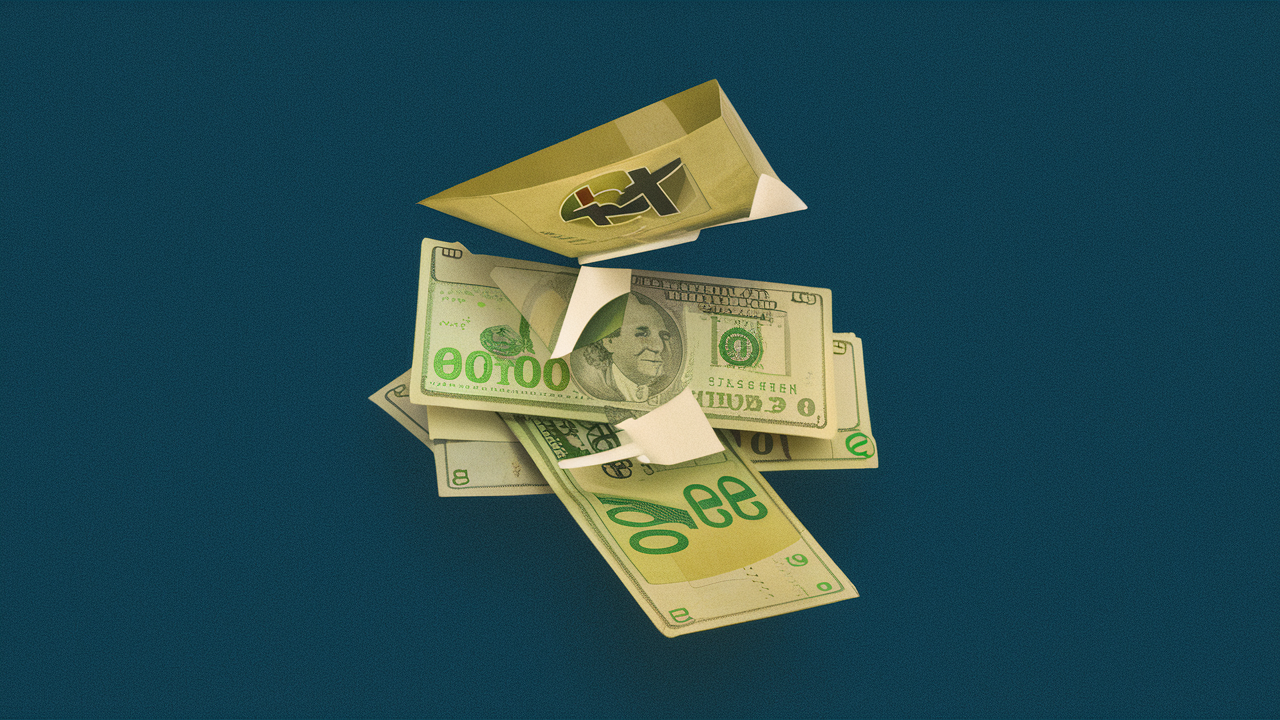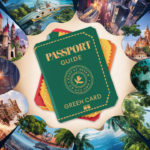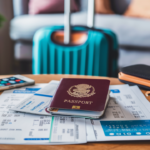Travel Money: Best Practices for Currency Exchange and Spending Abroad
Traveling to a foreign country can be an exciting adventure, but managing your travel money effectively is crucial to ensure a stress-free experience. Knowing the best practices for currency exchange and spending abroad can help you avoid unnecessary fees, secure better exchange rates, and manage your finances efficiently while on the go.

Content
Planning Ahead
Before you embark on your journey, it’s essential to plan your currency needs. Research the local currency of your destination and stay updated on current exchange rates. Understanding the value of the local currency can help you budget accurately and avoid overspending.
When to Exchange Currency for Travel:
The timing of your currency exchange can significantly impact the amount you receive. It’s generally advisable to exchange a small amount of currency before you leave, enough for immediate expenses like transportation and meals. Monitor exchange rates and aim to exchange currency when rates are favorable. Avoid exchanging large amounts at the airport, as they often offer less competitive rates.
Best Ways to Get Cash Overseas
Using ATMs Abroad:
One of the most convenient and cost-effective ways to get cash overseas is by using ATMs. ATMs typically offer better exchange rates compared to currency exchange counters. However, be aware of any fees your bank might charge for international withdrawals. Notify your bank of your travel plans to avoid any disruptions in service.
Prepaid Travel Cards:
Prepaid travel cards are a secure alternative to carrying cash. These cards allow you to load multiple currencies and lock in exchange rates before you travel. While they offer convenience and security, be mindful of potential fees for loading and using the card.
Currency Exchange Near Me:
Finding reliable currency exchange services near your destination can save you time and money. Research and locate reputable exchange services before you travel. Local banks and credit unions often offer competitive rates with lower fees compared to airport exchange counters.
Currency Exchange Options
Banks and Credit Unions:
Exchanging currency at your bank or credit union before you travel can be advantageous. They usually offer better rates and lower fees compared to other exchange services. Some banks also allow you to order foreign currency online and pick it up at a local branch.
Airport Exchange Counters:
While airport exchange counters are convenient, they often charge higher fees and offer less favorable rates. Use them only for small amounts or emergency needs.
Online Currency Exchange Services:
Online services like Travelex or Revolut provide competitive rates and the convenience of ordering currency from home. These services can deliver the currency to your address or allow you to pick it up at a nearby location.

Spending Money Abroad
Using Credit and Debit Cards:
Credit and debit cards are widely accepted and offer convenience and security for overseas transactions. Opt for cards with no foreign transaction fees to save on additional charges. It’s also a good idea to carry multiple cards in case one is lost or stolen.
Avoiding Foreign Transaction Fees:
Many banks and credit card companies charge fees for international transactions. Choose cards that waive these fees to minimize costs.
Dynamic Currency Conversion:
Some merchants may offer to charge your purchase in your home currency instead of the local currency. This is known as dynamic currency conversion and often comes with unfavorable exchange rates. Always opt to pay in the local currency to get the best rate.
Safety Tips for Handling Travel Money Abroad
Keeping Cash and Cards Secure:
Use a money belt or hidden pouch to keep your cash and cards safe. Avoid carrying large amounts of cash and distribute it in different places, such as your wallet, luggage, and hotel safe.
Monitoring Your Accounts:
Regularly check your bank and credit card statements for any unauthorized transactions. Notify your bank immediately if you notice any suspicious activity.
Emergency Funds:
Always have a backup plan in case you run out of money. Keep a small amount of emergency cash in a secure location and know how to access funds through your bank or credit card company if needed.
Conclusion
By planning ahead and understanding the best practices for currency exchange and spending abroad, you can enjoy a smoother and more cost-effective travel experience. Research your options, stay informed about exchange rates, and use secure methods for handling your money to make the most of your travels.









